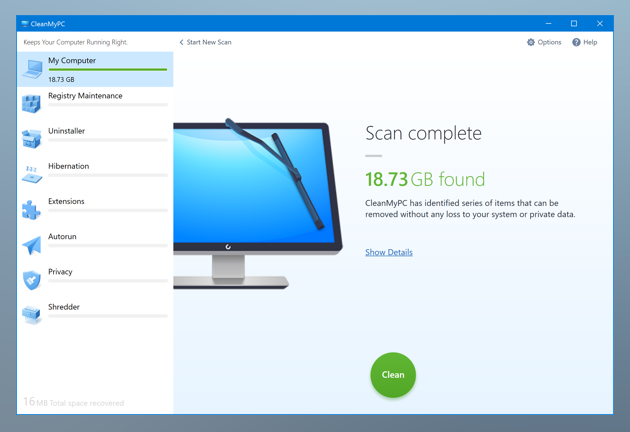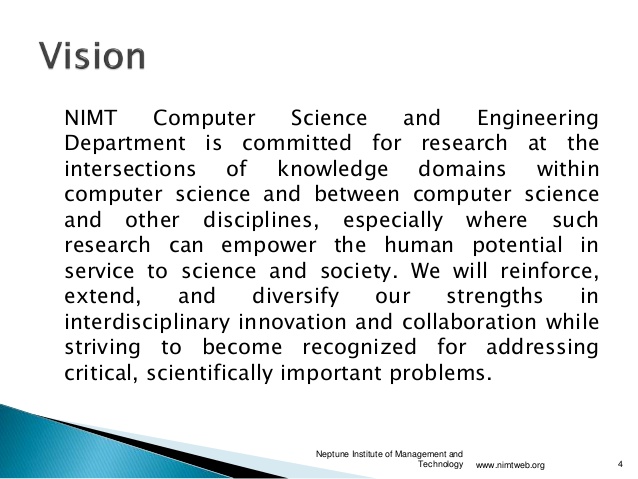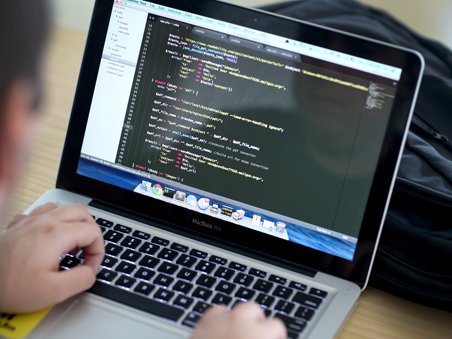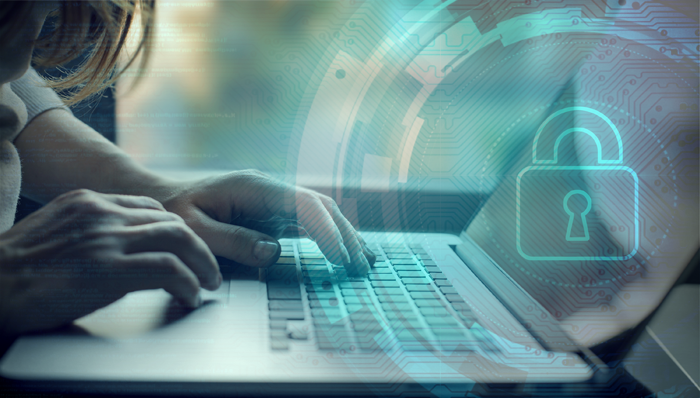For many years, passwords have been a fundamental part of computer security. They are a fundamental way to try to authenticate or verify that a particular user is what he claims to be. They are also a way to limit access to a system. In theory, only those with the username and password (or other defined criteria) have access. In practice, this is not always the case because anyone with the necessary knowledge, software and time can compromise such basic security and access a particular system. The same is true, whether it’s a computer or an entire room of specialized equipment. Properly motivated, everything can be compromised.
The good news is that you can take steps to reduce the chances of this happening to you. First, make sure your passwords are long enough. Typically, this means longer passwords with at least eight to ten alphanumeric characters (a combination of letters and numbers). Of course, the longer an element, the more difficult it is to memorize and grasp correctly. In addition, many sites use captcha. Captcha is a polling test that is generated and verified by a computer. The idea is that another computer can not read the captcha, which is why it assumes that everything that goes into the correct answer must be human. The term captcha is an acronym for “Fully automated public Turing test to distinguish computers from humans”. Without such measures, computers can more easily access other computers by automated means. It would also mean that the computer could be more easily used against the computer to undermine security.
Despite their long history, passwords are a good first line defense against unauthorized access to a system. In addition to choosing longer alphanumeric passwords, it is also useful to group unusual combinations of letters and numbers. One suggestion might be to design a password using the first letter of a group of words. In this way, by remembering the phrase, the password will be more easily memorized. However, never make the combination of letters and predictable numbers. A weak password can be easy for you to remember, but it also means it’s easy to crack.
A better solution is to use a password manager on your computer. A good open source, free option is a program called “Password Safe” by Source Forge. If you use “Password Safe” on Google, you will find this program. An even better option because not only are the passwords stored in an encrypted file on your computer, but also the password and user information for you in one click are “Roboform”. Any website you visit will have the required information filled in for you with this program. You can find a link to this program at the end of this article.
Computer security can be very complex, but at the most basic level, the username and password can be handled more easily than you thought at first. As has been said, the first step is to develop good alphanumeric passwords. The second is to maintain a secure way to manage and maintain these password combinations, which is the next critical component of a basic secure system. If you need help generating passwords, you can also use Google’s “Password Generator” and you’ll find tools for doing so. All of this is important if you want to keep your computer as secure as possible and prevent unauthorized access to your valuable information.


















